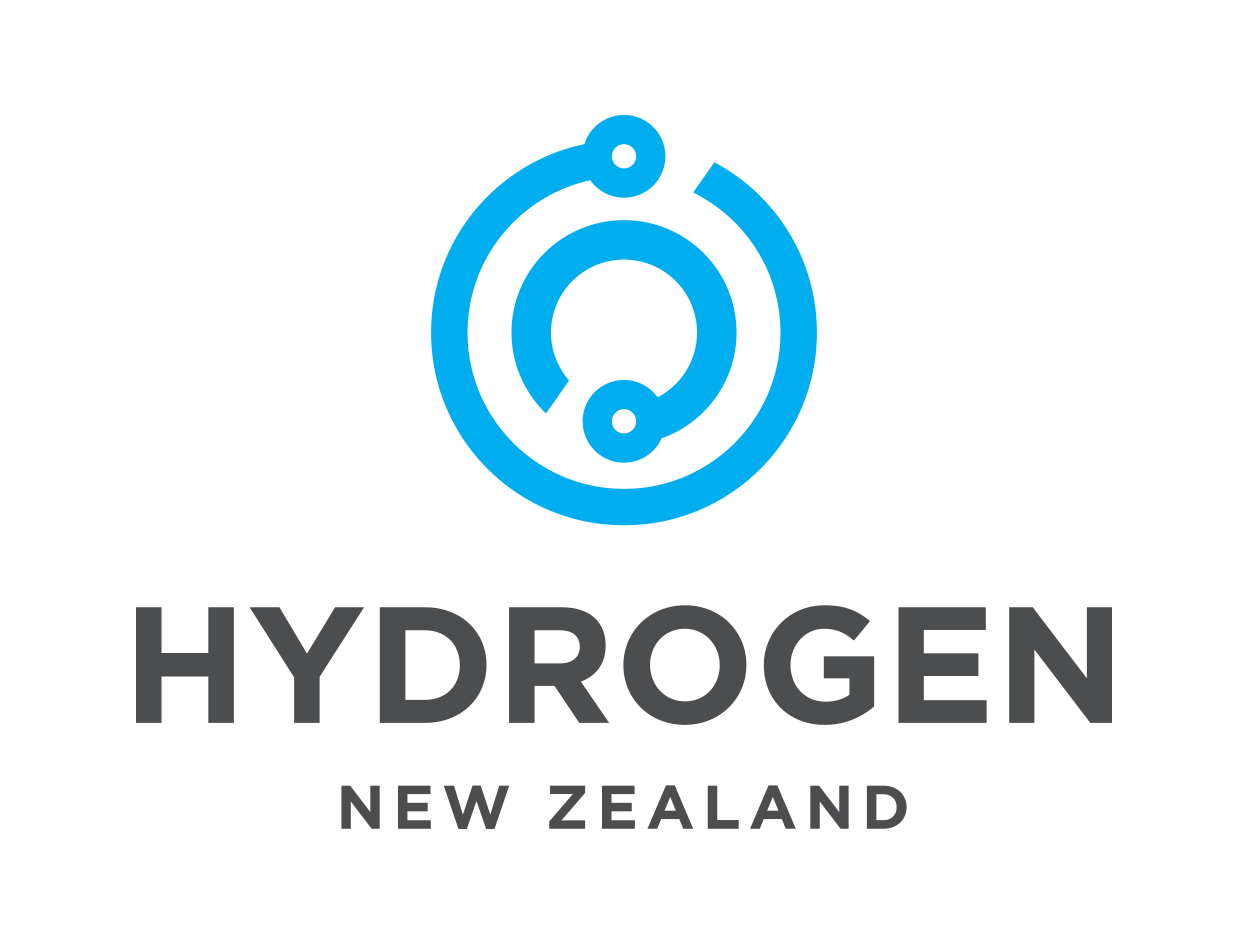Industry progress and lessons learned from the first wave of mature clean hydrogen projects
The Hydrogen Council’s inaugural Global Hydrogen Compass report builds on five years of detailed reporting in collaboration with McKinsey & Company via the “Hydrogen Insights” series and examines where the hydrogen industry stands today, unpacks lessons learned from the first wave of mature clean hydrogen projects, and explores the impact clean hydrogen can have across the energy sector as the industry navigates the current challenging environment.








